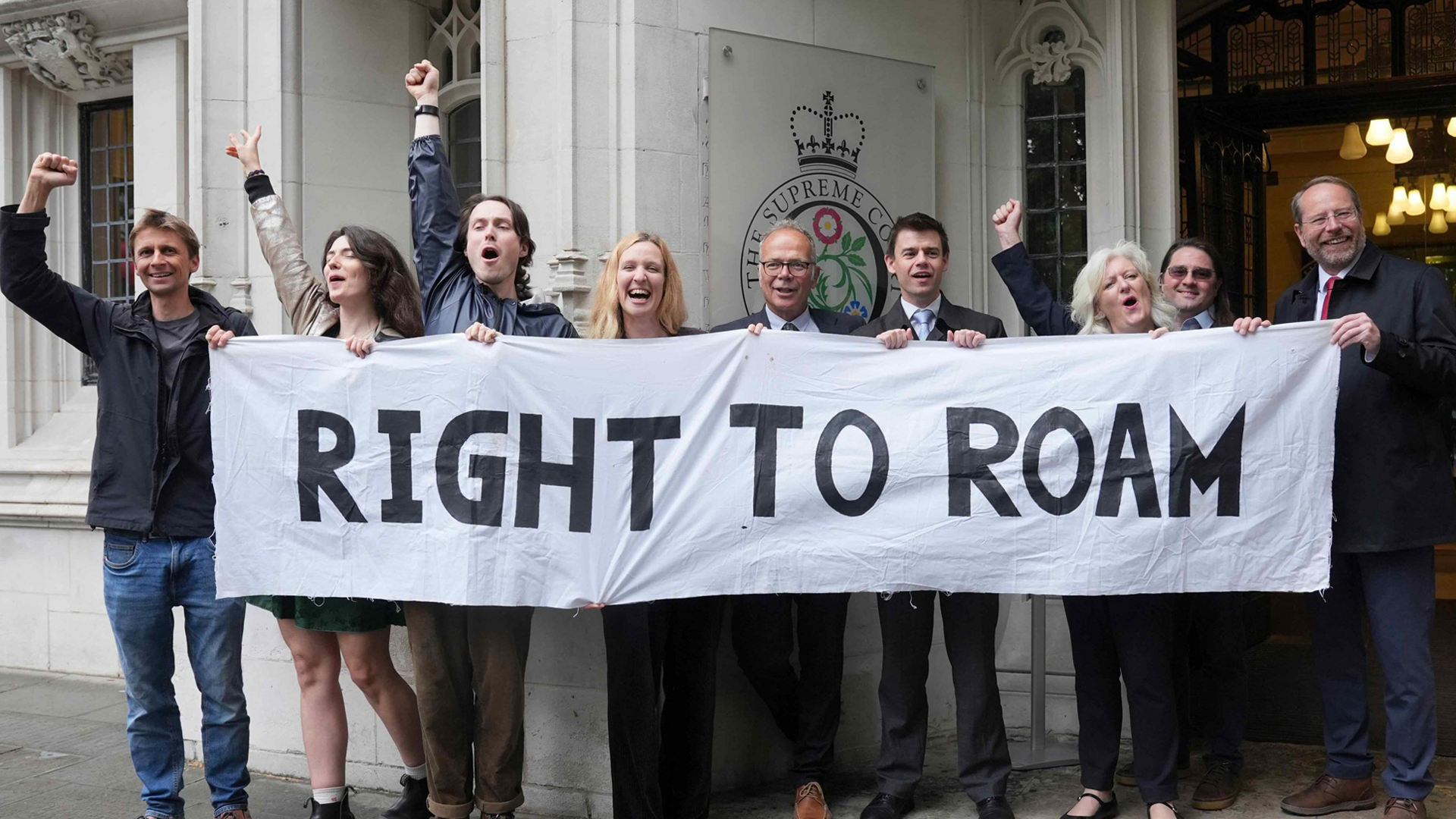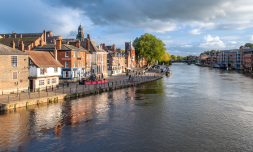After a lengthy legal battle with wealthy landowner, Alexander Darwall, the right to roam, picnic, and camp in Dartmoor National Park has been reinstated by the Supreme Court.
Earlier today, the Supreme Court made the decision to fully reinstate the ‘Right to Roam’ within Dartmoor National Park. The decision comes after a two-year-long court process in which Alexander Darwall, the multi-millionaire hedge fund manager and landowner, pursued the case first in the High Court and then before the Supreme Court last year.
Dartmoor is the last piece of wilderness in the entire of England and Wales which still maintains this ‘Right to Roam’ – which is the right to access and partake in recreational activities throughout the privately owned land within the national park, most notably ‘Wild Camping’.
Because of this, the significance of the case within the discussion around access to nature within the country was palpable. While Scotland has allowed this ‘Right to Roam’ access throughout the country since 2003, access rights in England and Wales remain ring-fenced and forcefully maintained by land owners.
In England, less than 1% of the population owns more than half the land in the entire country. Which is a truly remarkable statistic considering it has barely changed in the last 1000 years. A study in 2022 ranked England last in the whole of Europe in a measure of nature-connectedness – the concept of personal closeness to the natural world.




















